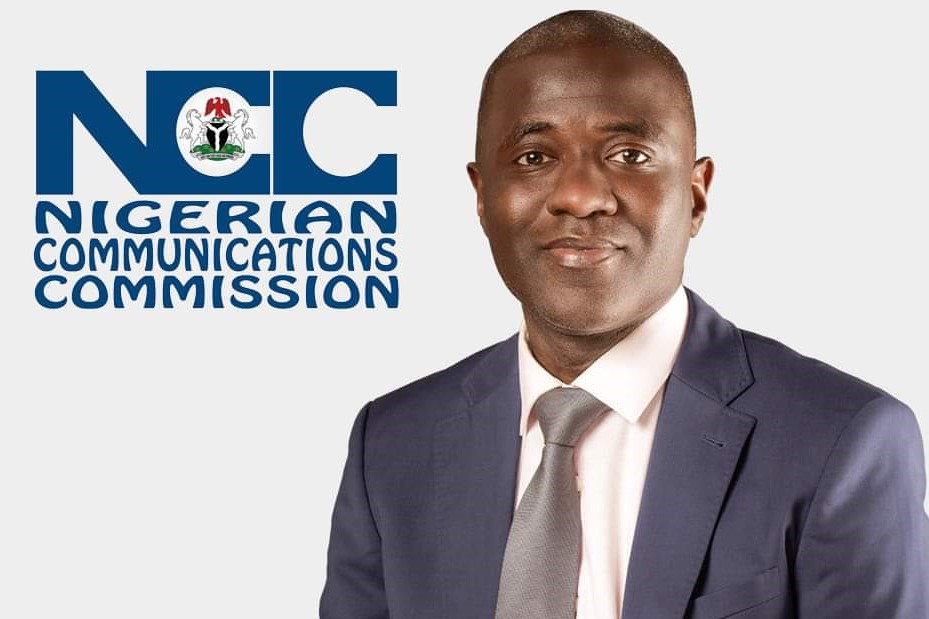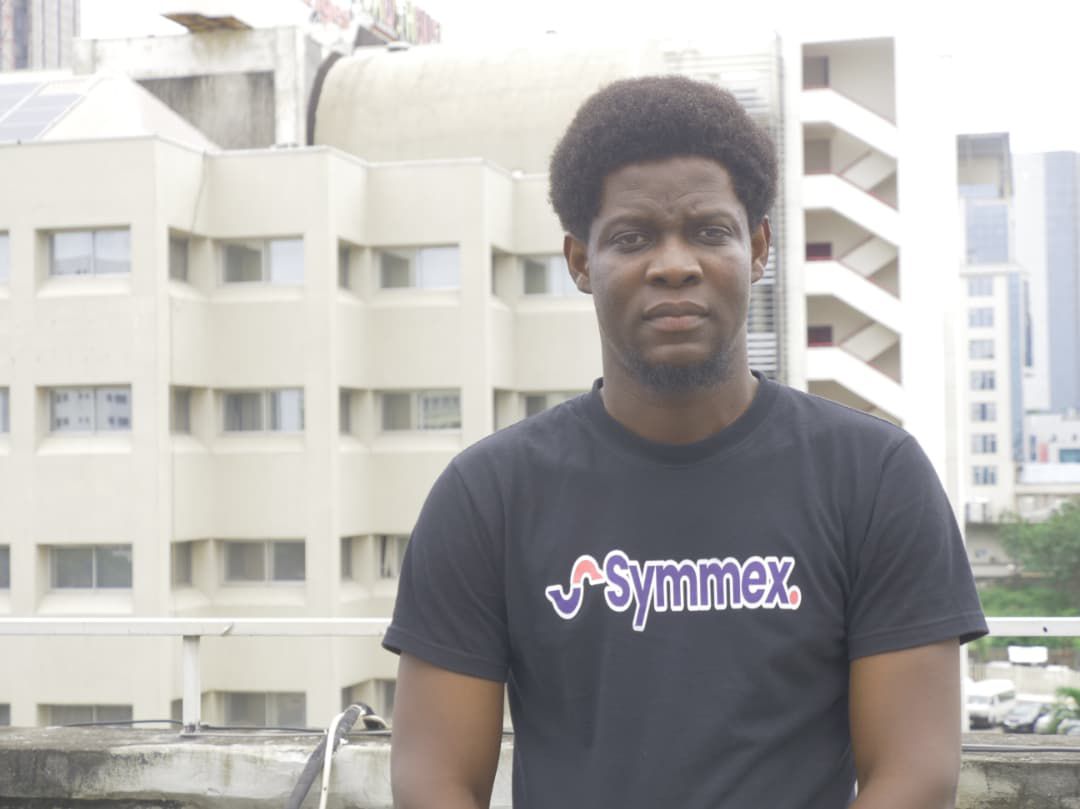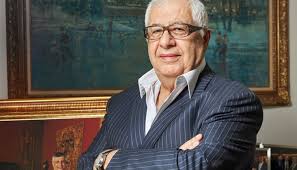Founders, Investors & One-man Mentality,
By Simbo Olorunfemi
Yesterday, it was all about this Pharmaceuticals Retailer, supposedly in an ownership tussle between Founder and some foreign equity investor. A lot the reports in the newspapers and commentary leaned more towards a presentation of this as ‘hostile take-over’, by PE, even with the apparent misunderstanding of what a hostile take-over is. The narrative was one of some aggressive foreign and local businessmen taking over a business by this visionary founder, who had laboured to make something of nothing.
Without the privilege of access to details of the agreement, it is still easy to make sense of what might be playing out here. As a matter of fact, there is an agreement in the report on the salient facts by both parties. This was an ongoing business in which the PE ‘bought in’ on the strength of a $18 million investment, that was to come in tranches. There is agreement that $10 million came in as Tranche 1. At N350/$1, that would have been N3.5 billion!
Yet, some reports make this about the investor wanting to edge the Founder out of her business. The first question is – What was the value of the business before the funding? Who puts in N3.5 billion into a business and will not want to have a say in who superintend over the day to day running of the business? Is the idea of funding coming in tranches not that the first tranche would have been successfully deployed to meet some milestones before the release of second tranche? What is the big deal in the CEO, even if Founder, being asked to step aside in the interest of the business? Does being a Founder mean you must retain your seat as the CEO, even with the dilution of shareholding? Is the CEO not under a reporting obligation to the Board?
I hear a not too dissimilar ‘ownership tussle’ or better put, ‘management control tussle’ is playing out in some other Nigerian businesses which had received some foreign equity funding. Indeed, there are some predatory equity investors out there, but I will rather lean, without prejudice to the facts of the matter in these cases, that what is at play has more to do with the Nigerian one-person mentality, wanting to always be in control.
The tendency is always to confuse ownership with control, wanting to hold on to 100% of nothing rather than take 10% of something tangible. Often, it has to do with unwillingness to subject ourselves to the corporatee governance protocols which ought to separate us from our businesses, not ready to be accountable.
It often starts on a wrong note. Someone comes up with a business idea, registers it and at some point is able to bring in other investors through private equity investment of even from the capital market, yet insists on posturing as the owner of the business, even if as the largest shareholder, he owns less than 10% of the company’s shares. In Nigeria, we insist he is the ‘owner’ of the business.
Many years ago, when it was the case that an individual could not hold more than 5% shareholding in a bank, I worked in a bank deemed to be owned by the man who was the CEO. He was co-Founder but could not have been the owner, as 50 people had come together as investors. At some point, there were a lot of ownership and Boardroom issues.
It was obvious that the bank had outgrown the CEO and the Board wanted to bring in an outsider as CEO, for the Founder to become Vice- Chairman. He would not have it. It became a tussle in court and along with other issues, it led to the liquidation of the bank, a loss for everyone.
I hear in the case at hand, the Board, as well, had proposed an alternative leadership position for the Founder. Who knows? Why would have a Founder want to insist on being the CEO, if not being so will not convincingly jeopardise the fortune of the business? Does a time not come that the Founder would want to relinquish management control, let the business run itself, and get on to other businesses or other passions?
Is Fola Adeola and the GTBANK he founded not standing strong today, 2 decades after stepping down as CEO? Even the former Bank CEOs like Tony Elumelu, Jim Ovia that had to leave as CEOs following the Sanusi reforms not better for it today? Are the Banks not doing well without them?
What is it with us and the one-person mentality with the inherent keyman risk that it poses? Why wanting to hold ourselves and businesses down, just to be in control or be seen as the Owners?
Again, this is largely without prejudice to the facts in these cases, as might not be available or obtainable now.
* 29. 09. 2020
Founders, Investors & One-man Mentality





